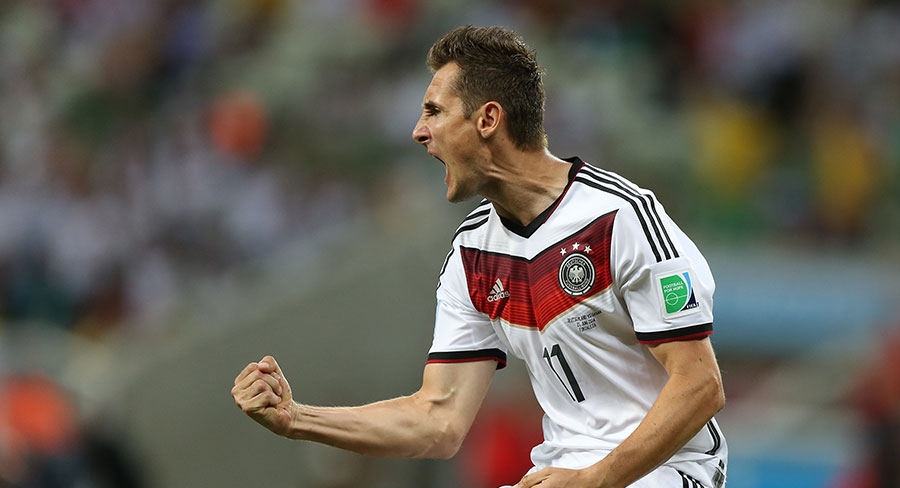This year’s FIFA World Cup tournament in Russia will add US$2.4b to the global advertising market, according to new research by Zenith. This will be the net amount of money added to the market, taking into account both the extra money spent by advertisers seeking to reach World Cup audiences, and any reductions in spending by advertisers that wish to avoid this competitive period.
Better get ready for hype about the size of the global TV audience. Zenith estimates it could be about 3.5 billion people viewing at home in more than 200 countries – during a season when, in the northern hemisphere at least, television audiences are typically at their annual low point.
As well as producing large audiences – in some countries, the largest of the year – Zenith says the World Cup disproportionately attracts people who are hard to reach on television: young, upmarket and mobile consumers who are more likely to spend their time outside the home and adopt the latest media technologies.
For brands, the World Cup offers a unique opportunity to reach these consumers at scale, during shared public occasions they are emotionally involved in.
Because of the time zones in which the matches will take place, about 40% of the potential audience will be asleep when they are played. This means viewers will seek out alternative ways of viewing matches. While for some this may simply mean watching matches broadcast on time delay, or viewing time-shifted live matches, young sports fans in particular have become used to viewing small nuggets of games on social media. Social media will play a greater role in viewing the World Cup than ever before, but in moments rather than full matches.
The biggest boost in dollar terms will be in China, where Zenith expects the World Cup to generate US$835 million in extra ad spend, or 1.0% of the entire ad market. There are few established brand relationships with the World Cup in China, and this year advertisers have been aggressively bidding to establish their association with football. Some advertisers that had been planning to cut back their expenditure on television decided to increase it instead specifically to take advantages of the opportunities offered by the World Cup.
—
Top photo: Germany’s Miroslav Klose during the 2014 FIFA World Cup (credit: AGIF / Shutterstock)
